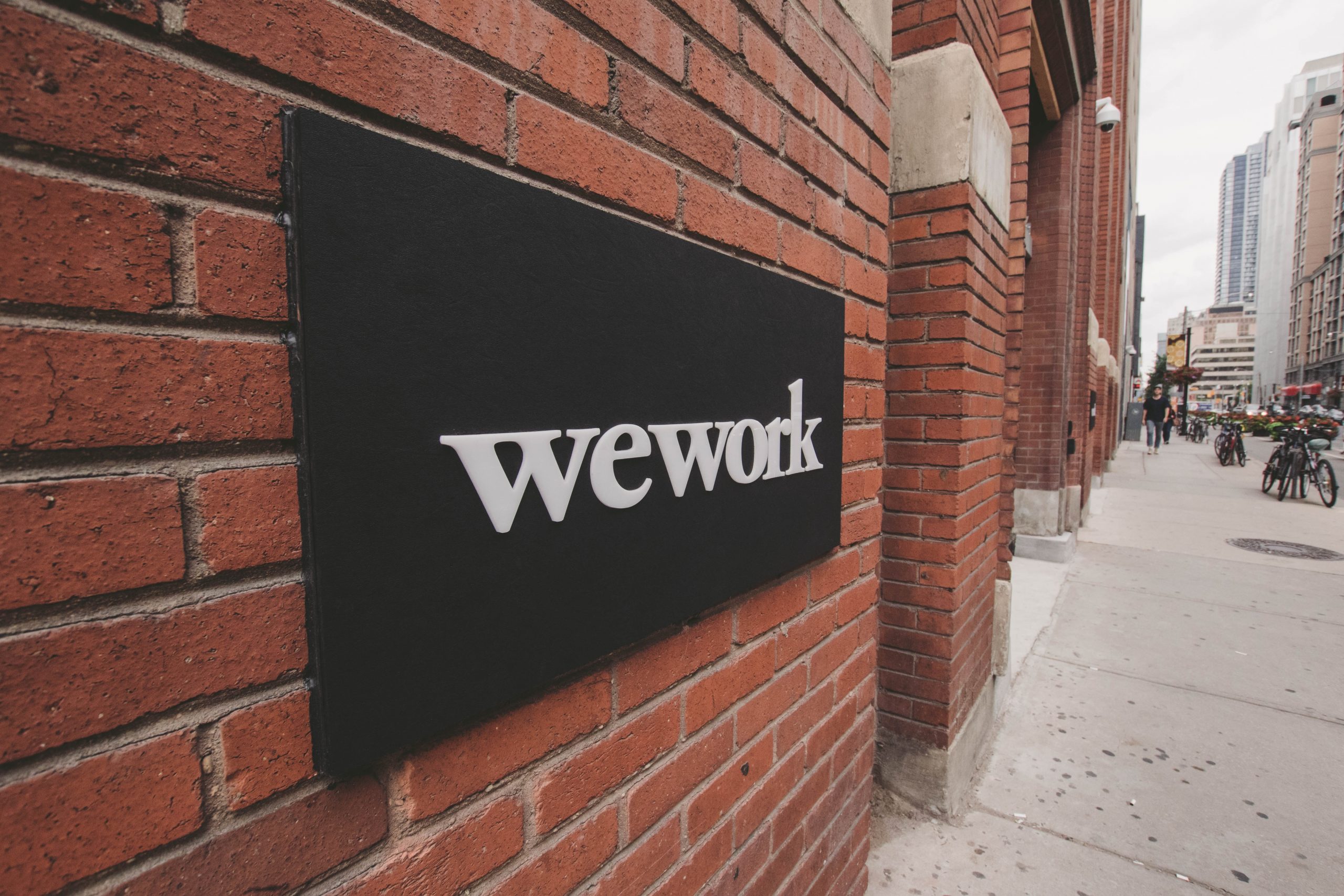
Commercial Awareness Update – W/C 11th November 2019
November 12, 2019
The Fall of WeWork and the Mechanics of Public Offerings
November 16, 2019Article by Zainab Hassan
Harry Clark is a future trainee solicitor at Baker McKenzie, due to start his training contract in September 2020. While studying the LLB, Harry undertook various work experience and extra-curricular activities, which boosted his applications and helped him secure his training contract during his undergraduate degree. He will be commencing the LPC in January 2020.
Harry has found great satisfaction in mentoring during his time at university and now that he is focusing on his blog, more students have been able to reach out to him.
In today’s interview, Harry shares great tips for those who are still choosing which types of firms to apply to and what can make you stand out in your applications.
Hi Harry, please share with us what the current stage of your career is?
I recently graduated from the University of York in August having studied law there for 3 years. Whilst at university, I was fortunate enough to receive a training contract offer with Baker McKenzie (London) for September 2020, meaning I would commence the Commercial LLM/LPC in January 2020 at BPP Holborn.
As a result, I’ve had the rest of the year post-graduation to spend freely before starting law school next year. I went travelling for a month in Vietnam, worked some part-time jobs to generate some income and (most excitedly) launched my law blog through my renewed efforts at LinkedIn!
What experiences or advice helped you choose which type of law you wanted to enter?
My first legal work experience was at a high street family law firm when I was around 16. It really helped me learn more about what a lawyer actually did day-to-day – working with clients, drafting and amending paperwork, etc. – as I’d never studied law prior to university. Whilst I really enjoyed it, I felt that another area of law that could provide a context to my work beyond the local area would be much more appealing to me. The week after, I did another week of work experience at a corporate firm which specialised in shipping. I found the transactional, outcome-focused approach to commercial work much more enjoyable, especially within the international litigation department.
At that point, I knew I wanted to work for a commercial firm who had market-leading strength in their international capabilities and opportunities. I completed an International Scholarship Programme with DLA Piper throughout university. The scheme granted me masterclasses into the many facets of commercial law, as well as a number of work placements both in and outside of the UK. It really granted me a truly invaluable and inimitable insight as to how commercial law functions across borders in numerous areas of practice, working with local, national, international and bilingual contracts. I was also able to attend various training opportunities and meetings with partners and senior staff members to discuss the future of law firms, and one-to-one meetings with departmental heads of marketing, global mobility and HR to help kickstart my commercial awareness.
I knew, therefore, that a larger-scale firm probably based in London would go hand-in-hand with what I was hoping for and ultimately inspired me to apply for Baker McKenzie. The small trainee intake allowed for trainees to get unparalleled opportunities – particularly when it came to international secondments. The firm’s culture, values, clientele and rankings were all equally strong characteristics that really anchored my ‘why’ for that firm above any other.
Looking forward, especially as I’ve moved further away from mandatory modules throughout university and into the world of my own discovery/learning, I’ve started to consider what areas of practice appeal to me. Primarily, tech, media and sports-related practices have been at the forefront of my interest for three key reasons: I’ve always had non-legal passion in those areas; the types of work you get to handle are both different and stimulating; and I truly believe each are the key, rapidly expanding sectors at the heart of the future of the profession. In particular, I think the gaming and e-sports industry is set to increase its explosive growth over the next decade, if not sooner!
What extra-curricular activities/positions were you involved in?
At university, I took part in a few different extra-curricular clubs and societies, such as musical theatre, drama, basketball and others. I also volunteered to act as a mentor and Freshers’ Week Guide (STYC) which was really enjoyable. I was able to talk about these during my interview with Baker McKenzie and the partners were genuinely interested in asking me about what I’d been up to outside of my studies.
As of right now, I primarily focus on my blog and writing content as a side-hobby. I’ve been fortunate enough to speak with and interview some incredible individuals, as well as mentor so many bright aspiring lawyers who have got in touch with me as a result. It is so pleasing to see so many driven students entering the profession with such ambition – I really think the next generation of lawyers will truly revolutionise the industry given the continuing integration of technology and flexible career paths in the profession.
What tips would you give to students who are currently applying for a training contract?
I do my best to write a lot about my tips for TC applications on my blog, as having been in the position of unsuccessfully applying so many times throughout university, I try to answer the questions that I was asking myself (and others) at the time. I think my biggest tip would be to try and identify your own unique selling points (USPs) and jot them down before you start your application. They could be anything from notable work experience, to a project you founded or helped manage, or even your own passionate interest in a particular area of law. That way, when it comes to writing out your application, you can cover all bases when describing your skill set and experiences that will help the recruiter paint a picture of who you are and why you’re different from the other candidates applying.
Finally, what is your most memorable achievement to date?
I think researching, writing and then finally handing in my dissertation to round off my graduation from university was a really unforgettable moment for me. It represented the culmination of the last three years of my life where I felt I’d not just learnt academically, but on a really personal level too – something I wasn’t expecting when I first started! It’s interesting to look back and reflect on how much I’ve changed since my first day there through to where I am now. It’s not always easy or enjoyable, but that’s part of the process! I wouldn’t change a thing.





